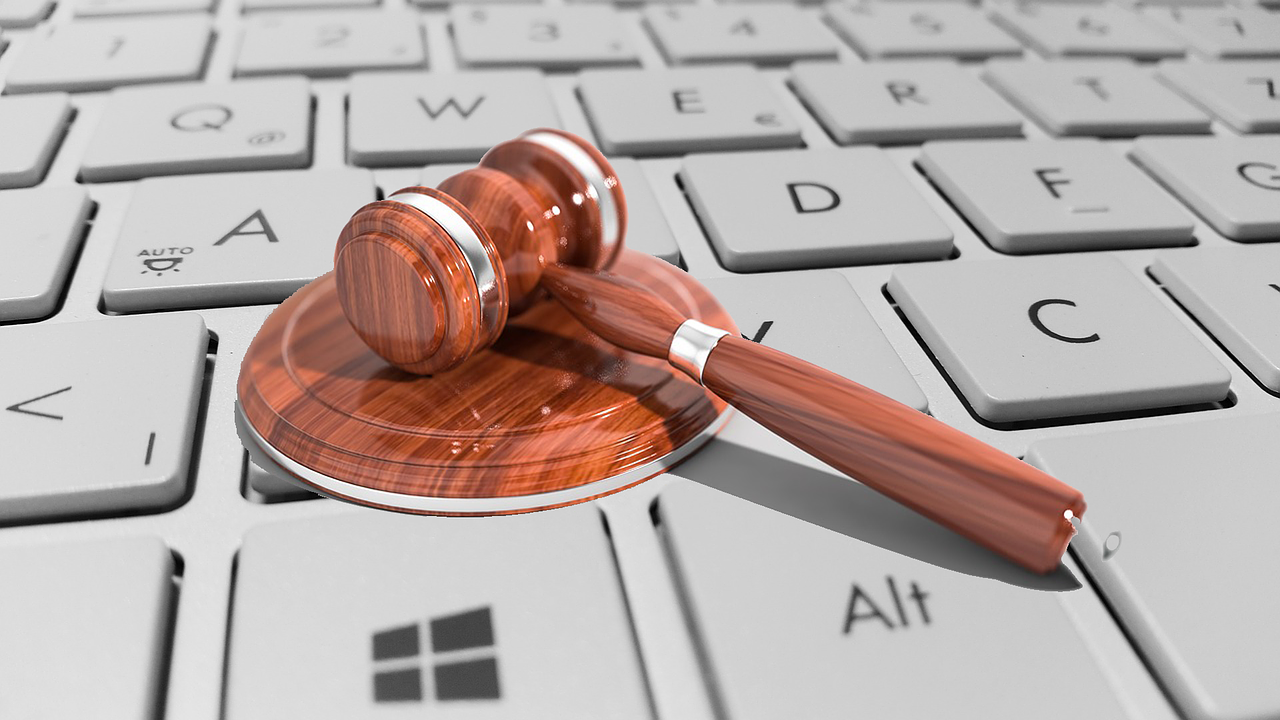Litigation is a legal process used to resolve disputes and conflicts between individuals, organizations, or entities. It plays a fundamental role in our legal system and can encompass a wide range of issues, from personal injury claims to complex business disputes. In this article, we’ll explore the world of litigation, its various types, the litigation process, and its impact on society and business.
Table of Contents
Types of Litigation
Litigation can be categorized into several types, funlovincriminals.tv/ depending on the nature of the dispute:
Civil Litigation
Civil litigation involves disputes between individuals or organizations, typically seeking compensation, injunctions, or specific performance.
Criminal Litigation
Criminal litigation pertains to legal proceedings against individuals or entities accused of committing a crime, with potential consequences such as fines, probation, or incarceration.
Commercial Litigation
Commercial litigation focuses on business-related disputes, including contract breaches, intellectual property disputes, and shareholder disagreements.
Family Litigation
Family litigation encompasses issues like divorce, child custody, and spousal support, often requiring a family law attorney’s expertise.
The Litigation Process
The litigation process consists of several distinct stages:
Pre-filing Stage
Before filing a lawsuit, parties often attempt to resolve disputes through negotiation or mediation to avoid the costs and time associated with litigation.
Filing a Lawsuit
If a resolution isn’t reached, one party initiates a lawsuit by filing a complaint, outlining the dispute’s facts and legal basis.
Discovery Phase
During discovery, both parties collect evidence, depose witnesses, and exchange information relevant to the case.
Trial
If no settlement is reached, the case goes to trial. This is the phase where arguments are presented, witnesses testify, and a judge or jury makes a final decision.
Importance of Legal Representation
Legal representation is crucial in litigation, and parties can choose between hiring an attorney or representing themselves (pro se). Here’s what you need to know:
Hiring an Attorney
An experienced attorney can navigate the complexities of the legal system, increasing the chances of a favorable outcome.
Self-Representation (Pro se)
While representing yourself can save money, it’s risky, as you may lack the legal knowledge and expertise required to win a case.
Litigation Costs
Litigation can be expensive due to various costs involved:
Legal Fees
Attorneys charge for their services, typically on an hourly or contingency fee basis.
Court Costs
Filing fees, court reporter fees, and other court-related expenses can add up.
Other Expenses
Expert witness fees, travel costs, and investigation expenses are often necessary.
Settlements and Alternative Dispute Resolution
Many cases are resolved before trial through settlements or alternative dispute resolution methods like mediation and arbitration.
Mediation
Mediation involves a neutral third party helping the parties reach an agreement.
Arbitration
Arbitration is a more formal process where an arbitrator makes a binding decision after hearing both sides.
Pros and Cons of Litigation
Advantages
- Legal Recourse: Litigation provides a means for individuals to seek justice.
- Preservation of Rights: It ensures that legal rights are protected.
- Precedent Setting: Legal decisions can set important precedents for future cases.
Disadvantages
- Expense: Litigation can be costly.
- Time-Consuming: Cases can drag on for years.
- Uncertain Outcomes: Results are not guaranteed.
Famous Litigation Cases
Some famous litigation cases include the O.J. Simpson trial, the Microsoft antitrust case, and the landmark Roe v. Wade case.
The Role of Litigation in Society
Litigation is a cornerstone of our legal system, offering a mechanism to resolve disputes fairly and ensure justice is served.
Trends in Litigation
Advancements in technology have influenced litigation, with e-discovery and online court proceedings becoming more common.
Litigation and Business
Businesses frequently engage in litigation to protect their interests, resolve contract disputes, and address regulatory matters.
The Future of Litigation
The future of litigation may see increased use of alternative dispute resolution and continued reliance on technology to streamline processes.
Conclusion
Litigation is a critical component of the legal system, allowing individuals and entities to seek justice and resolve disputes. While it has advantages, it also comes with significant costs and time investments. Understanding the various facets of litigation is essential for anyone involved in a legal dispute.

